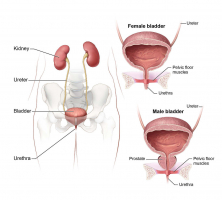Top 8 Best Books On Industrial Revolution
Because it made self-sustaining economic growth possible, the Industrial Revolution changed the world forever. However, historians continue to disagree on the ... read more...reasons the industrial revolution occurred where it did and when it did. We have compiled the list of the best books on industrial revolution.
-
The Wealth and Poverty of Nations was written by Harvard University's Emeritus Professor of Economics and History, David Landes (1998). He is also the author of The Unbound Prometheus.
Over fifty years have passed since this book first became popular. Even though it was published in 1969, it remains wonderfully up to date. Its ability to motivate those outside the industry was one factor in Toplist's decision. It has a spark to it that genuinely motivates readers. This is due to the fact that it accurately captures the excitement surrounding the heroic feat of the Industrial Revolution, which was brought about by a whole economy rather than a few individuals as none of these works claim, and which irrevocably altered the course of history.
David Landes reaffirms his original claims in this updated version of his classic history on revolution and economic growth in Europe in light of current discussions about globalization and comparative economic growth. Landes comes to the conclusion that the only way for Europe and the rest of the globe to survive in the years to come is through continual industrial revolution, despite ongoing debates about why Europe was the first to industrialize and the feasibility of the post-war economic boom.
Reading Landes' book is enjoyable. The Unbound Prometheus contains fascinating vignettes and anecdotes as well as quotes from people of the time. But it also makes use of quantitative data and economic reasoning.Author: David S. Landes
Link to buy: https://www.amazon.com/Unbound-Prometheus-Technological-Industrial-Development/dp/052153402X/
Ratings: 4.0 out of 5 stars (from 25 reviews)
Best Sellers Rank: #1,090,489 in Books
#1,688 in Company Business Profiles (Books)
#2,202 in England History
#2,375 in Economic History (Books)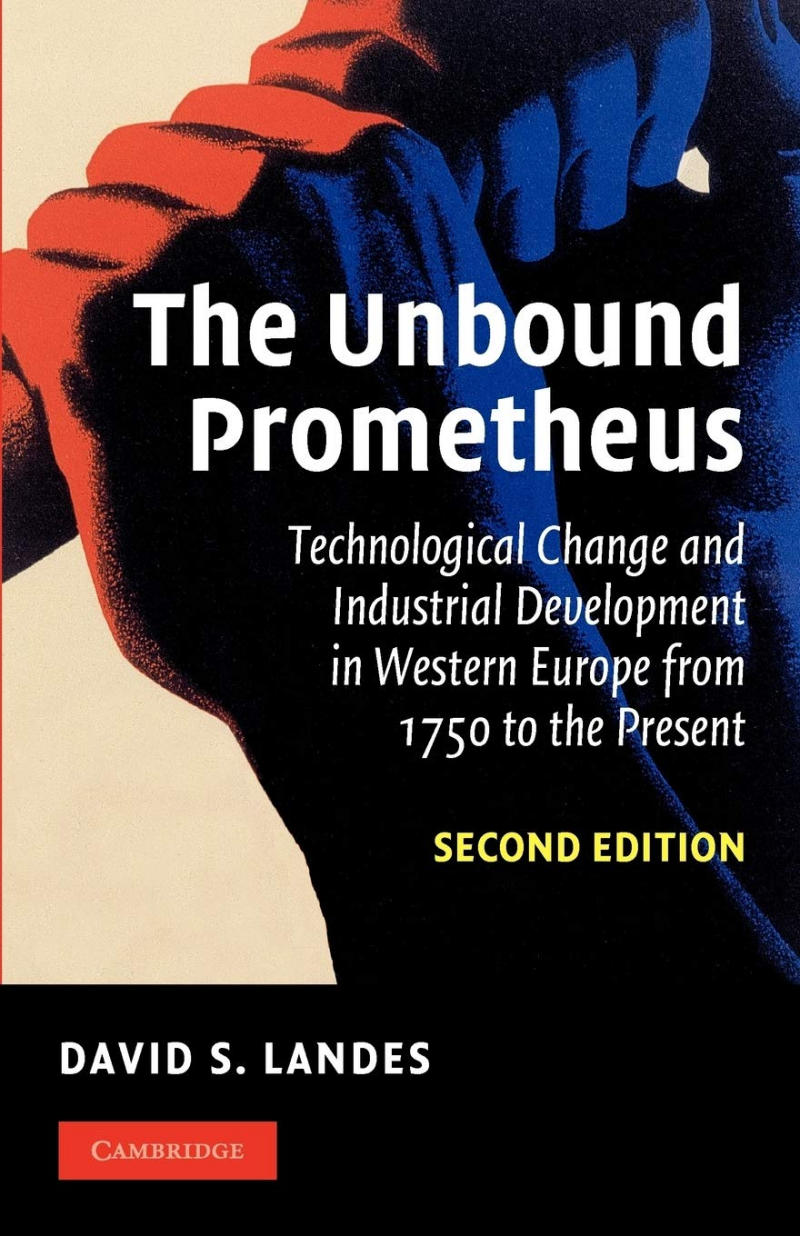
https://www.amazon.com/ 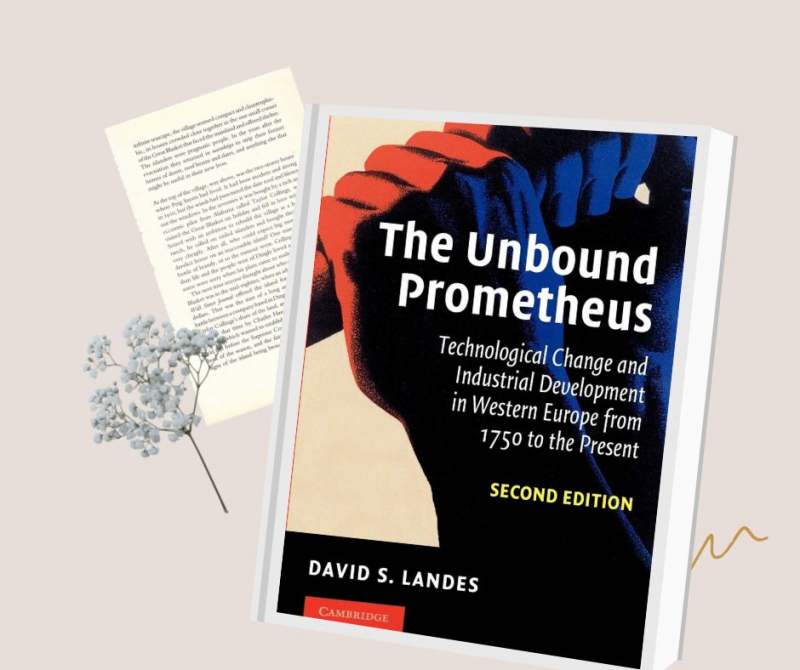
https://www.amazon.com/ -
Oxford University's Robert C. Allen teaches economic history and is a fellow of Nuffield College. His books include Farm to Factory: A Re-interpretation of the Soviet Industrial Revolution (2003) and Enclosure and the Yeoman: The Agricultural Development of the South Midlands, 1450-1850 (1992), both of which were awarded the Ranki Prize of the Economic History Association.
Why did the industrial revolution occur in Britain during the eighteenth century as opposed to other parts of Europe or Asia? Robert Allen makes a strong case in this compelling new narrative that the British industrial revolution was a productive response to the seventeenth- and eighteenth-century global economy in The British Industrial Revolution in Global Perspective, one of the best books on industrial revolution. In contrast to other countries in Europe and Asia, he demonstrates that wages were high and capital and energy were affordable in Britain. Because of this, it was especially beneficial for the British to develop and exploit the revolutionary technologies of the industrial revolution, such as the steam engine, cotton mill, and the use of coal rather than wood in the manufacturing of metals.
Pre-industrial Britain's high wage economy encouraged industrial growth since more individuals could afford education and apprenticeships. The industrial revolution wouldn't take off globally until nineteenth-century British engineers made these new technology more affordable.Author: Robert C. Allen
Link to buy: https://www.amazon.com/dp/0521868270/
Ratings: 4.5 out of 5 stars (from 71 reviews)
Best Sellers Rank: #5,166,053 in Books
#9,407 in Economic History (Books)
#13,563 in Economics (Books)
#31,099 in Great Britain History (Books)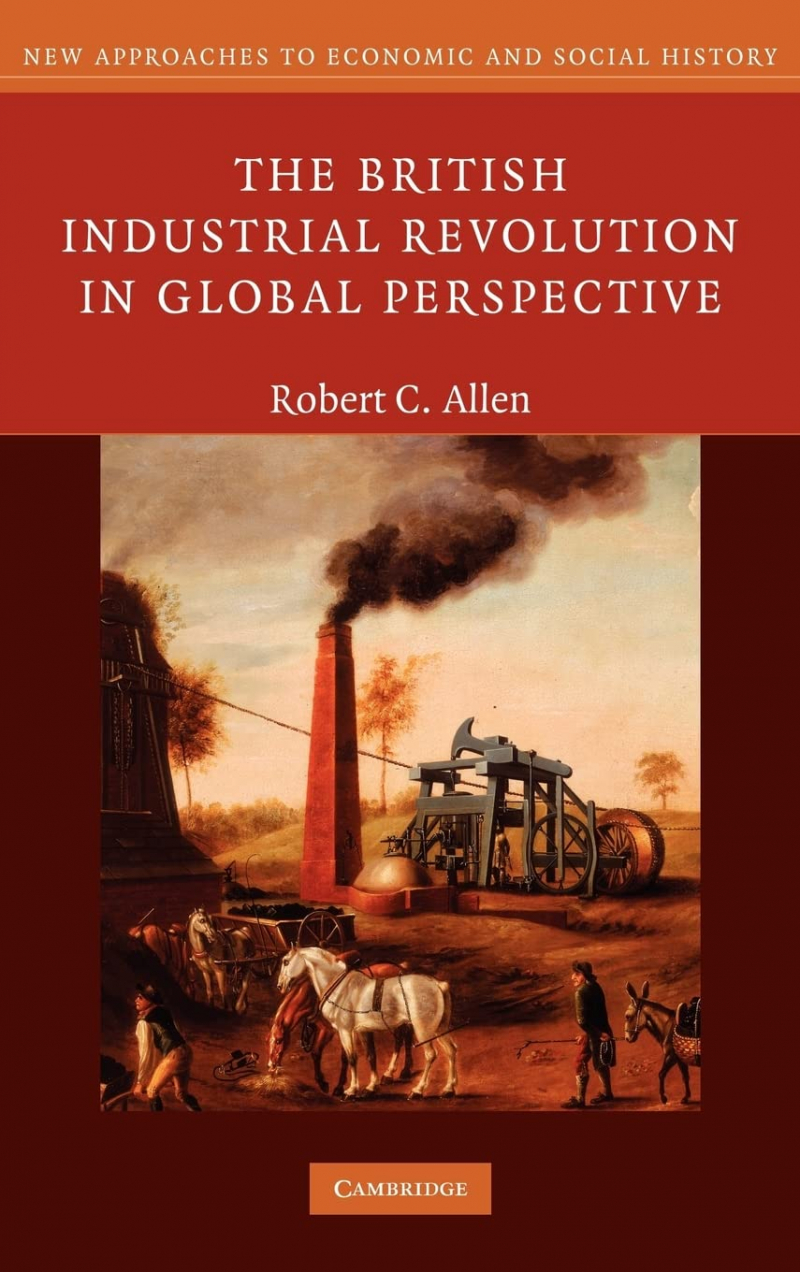
https://www.amazon.com/ 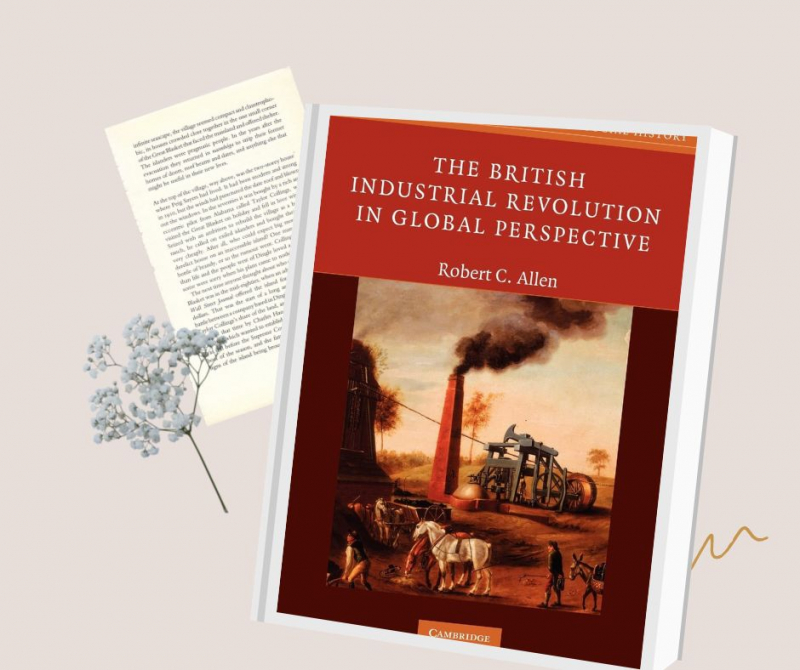
https://www.amazon.com/ -
Joel Mokyr holds the positions of Sackler Professor at the Eitan Berglas School of Economics, Tel Aviv University, and Robert H. Strotz Professor of Arts and Sciences, Economics, and History at Northwestern University.
In the years between the Glorious Revolution and the Crystal Palace Exhibition, the British economy rapidly developed. The Enlightened Economy focuses on the significance of ideological and institutional aspects in that development. Joel Mokyr demonstrates how it is impossible to comprehend the Industrial Revolution without taking into account the significance of the intellectual shifts brought about by Britain's Age of Enlightenment.
Mokyr engages in a spirited debate to show that the early stages of modern economic growth in Britain depended significantly on what key players knew and believed, and how those beliefs affected their economic behavior. Mokyr goes beyond the conventional explanations that give credit to geographical factors, the role of markets, politics, and society. He contends that Britain served as a model for the rest of Europe in the Industrial Revolution because it had the ideal confluence of institutions, institutions, institutions, and technology to enable fast economic progress. His extensive evidence includes service industries and other ignored facets of the British economy.Author: Joel Mokyr
Link to buy: https://www.amazon.com/dp/0300124554/
Ratings: 4.6 out of 5 stars (fromv 20 reviews)
Best Sellers Rank: #1,848,242 in Books
#3,893 in Economic History (Books)
#10,155 in Great Britain History (Books)
#47,899 in World History (Books)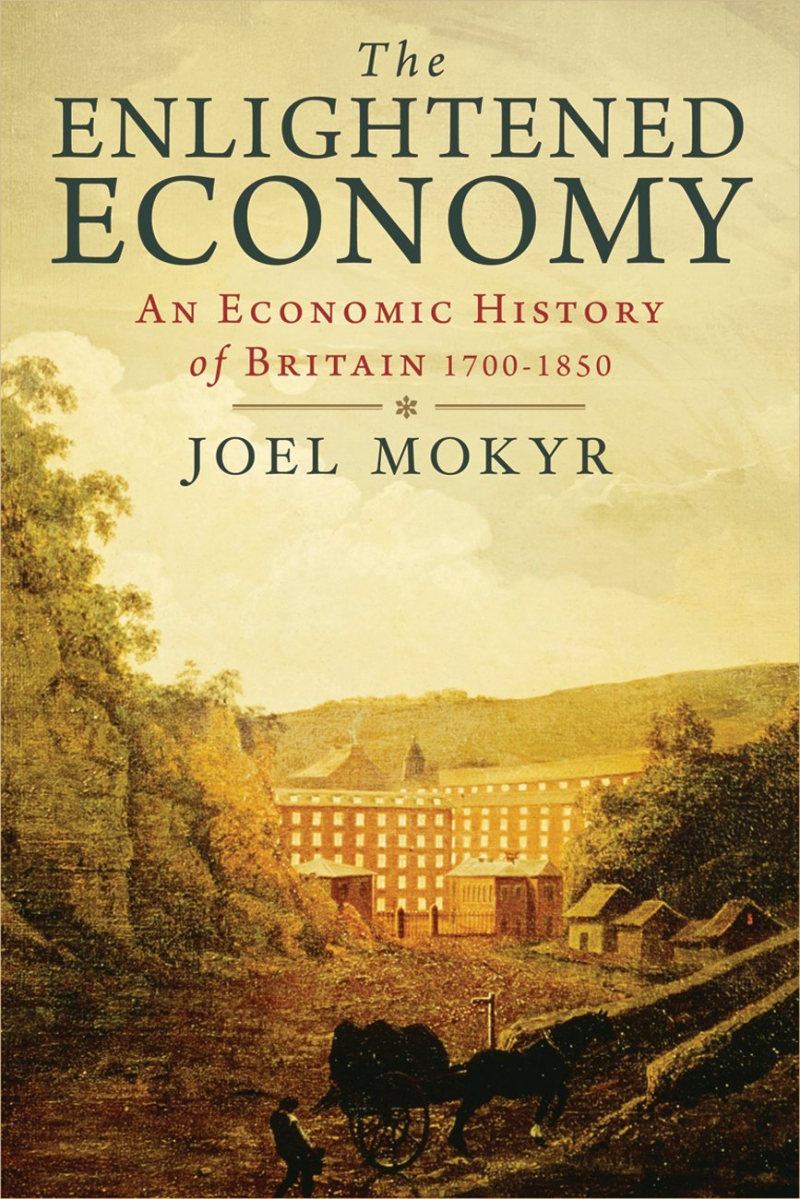
https://www.amazon.com/ 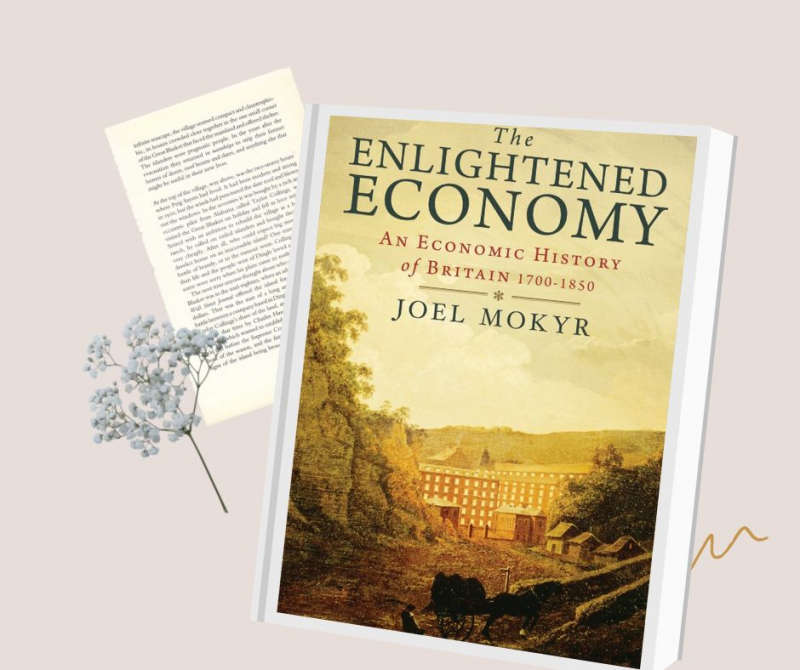
https://www.amazon.com/ -
English biographer, novelist, and critic Peter Ackroyd was born on October 5, 1949. He has a passion for London's history and culture. He received the Somerset Maugham Award and two Whitbread Awards for his works on English history and culture, including his biography of Sir Thomas More, William Blake, Charles Dickens, and T. S. Eliot. He is renowned for the amount of his output, the variety of styles, his ability to adopt several voices, and the breadth of his studies. He is the author of DICKENS, one of the best books on industrial revolution.
Similar to the scenario of one of his novels, Charles Dickens's life is a tale of rags to riches complete with bankruptcy, imprisonment, forced child labor, fame and fortune shrouded by guilt, and secrecy. Indeed, a lot of Dickens' fiction was heavily inspired by his own experiences. The author provides a new perspective on Dickens' amazing life story in this passage.
Dickens' books are rife with allusions; they are set in locations he frequented and lived in, include characters he was familiar with, and were motivated by the obsessions that consumed his thoughts. Dickens' passionate calls for social reform were sparked by the harsh realities of Victorian life, which Ackroyd emphasizes. He also charts the significant historical events of the time, including the arrival of the railways, the impact of the industrial revolution on society, and the growth of the British Empire.
Dickens had a nuanced character. He appeared to have had all—fame, success, and wealth—but he passed away with the deep melancholy he had carried throughout his life. He was also modest enough to prevent a lavish funeral. He led a double life, just like many notable Victorians. Even though he stressed that his middle-class readers shouldn't be offended by anything in the newspapers he edited, he frequently engaged in questionable nighttime antics with fellow author Wilkie Collins and, for the last 13 years of his life, maintained a covert mistress, Ellen Ternan.Author: Peter Ackroyd
Link to buy: https://www.amazon.com/dp/0099437090
Ratings: 4.2 out of 5 stars (from 39 reviews)
Best Sellers Rank: #692,983 in Books
#1,322 in England History
#4,117 in British & Irish Literature & Fiction
#70,140 in Biographies
https://www.amazon.com/ 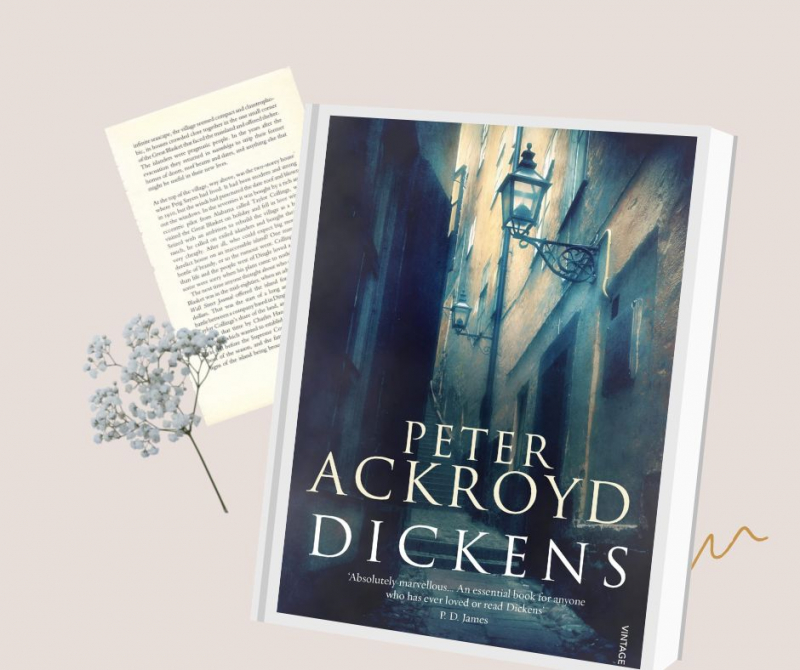
https://www.amazon.com/ -
Kate Elliott is the author of more than a dozen books, most recently the fantasy series Crossroads and the Novels of the Jaran. The Golden Key, co-authored by Melanie Rawn and Jennifer Roberson, was a World Fantasy Award nominee. King's Dragon, the first book in the Crown of Stars series, was a Nebula Award finalist. She was raised in Hawaii but was born in Oregon.
A daring new epic fantasy in which magic and science are engaged in a deadly conflict has just been released from one of the best authors in the genre. Cold Magic is the beginning of a new era. Factory construction is booming nationwide as the Industrial Revolution gets underway, and new technologies are reshaping urban life. However, outdated practices are difficult to eradicate.
A part of this revolution are Cat and Bee. College students who are unaware of the magic that governs their families while learning the science that will shape their future. But when the Cold Mages arrive to capture Cat, everything will change. Every turn she makes is fraught with hidden hazards and brand-new dangers. Who can you trust if blood cannot be trusted?Author: Kate Elliott
Link to buy: https://www.amazon.com/dp/031608087X
Ratings: 4.3 out of 5 stars (from 263 reviews)
Best Sellers Rank: #534,379 in Books
#592 in Steampunk Fiction
#4,179 in Historical Fantasy (Books)
#14,569 in Epic Fantasy (Books)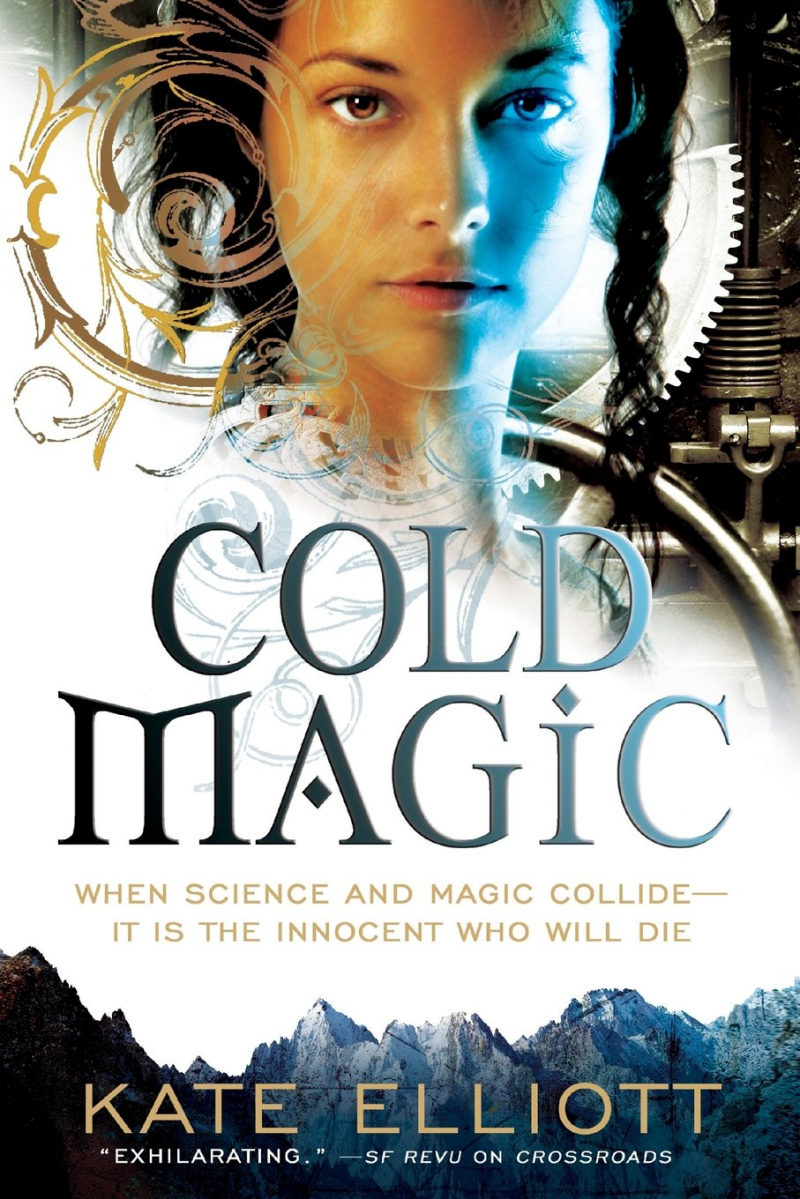
https://www.amazon.com/ 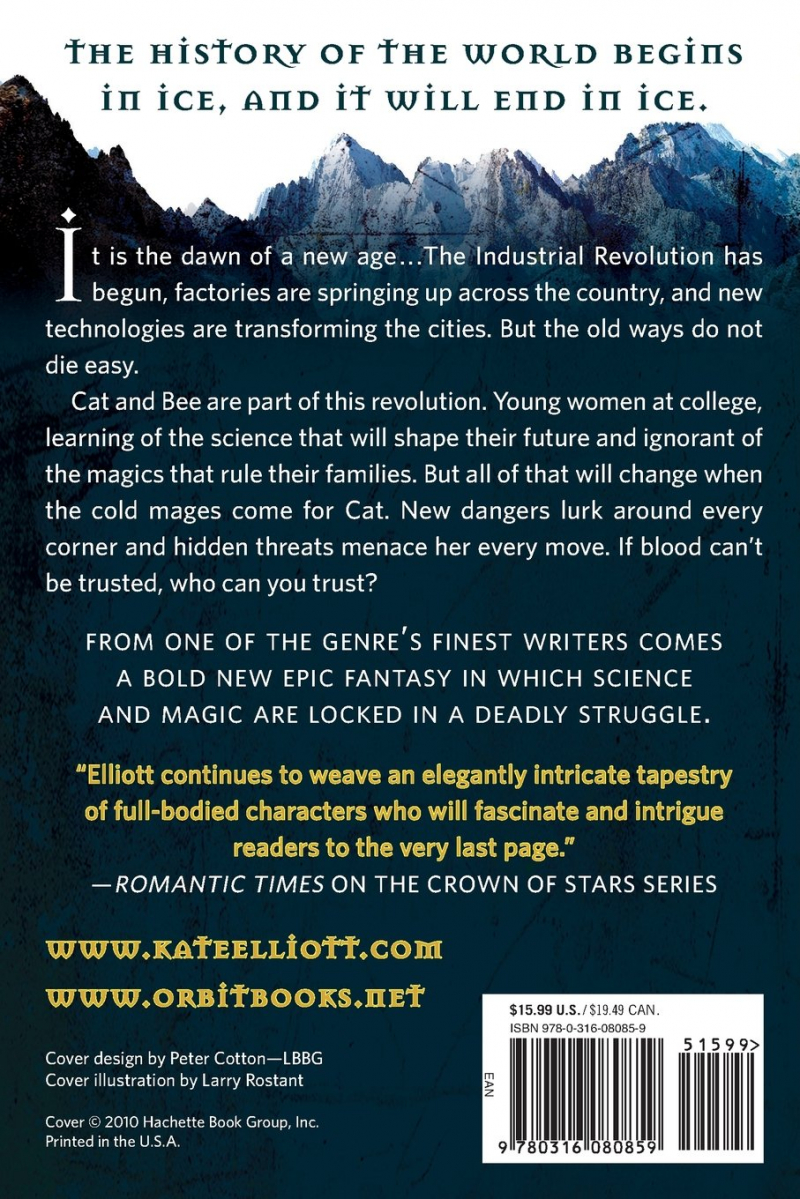
https://www.amazon.com/ -
German philosopher, social scientist, journalist, and businessman Friedrich Engels. Together with Karl Marx, he created the Marxist ideology. He wrote The Condition of the Working-Class in England in 1844, based on his own experiences and investigation in Manchester. The book is among the best books on industrial revolution.
The development of the steam engine and cotton-working machinery in the latter part of the 20th century marks the beginning of the proletariat's history in England. As is generally known, these discoveries led to the industrial revolution, which fundamentally transformed civil society and whose historical significance is only now being realized.
England is the traditional home of this transformation, which was all the more powerful the more subtly it occurred; as a result, England is the traditional home of its main byproduct, the proletariat. The proletariat can only be researched in all of its relationships and perspectives in England. The past of this revolution or its immense significance for the present and the future are not issues that need to be addressed right now. Such a distinction must wait for a later, more thorough work. For the time being, we must keep our discussion to what is absolutely necessary to explain the facts that follow and the current situation of the English proletariat.Author: Friedrich Engels
Link to buy: https://www.amazon.com/dp/1986518604
Ratings: 4.7 out of 5 stars (from 250 reviews)
Best Sellers Rank: #2,717,677 in Books
#4,360 in Communism & Socialism (Books)
#7,261 in Political Philosophy (Books)
#13,148 in History & Theory of Politics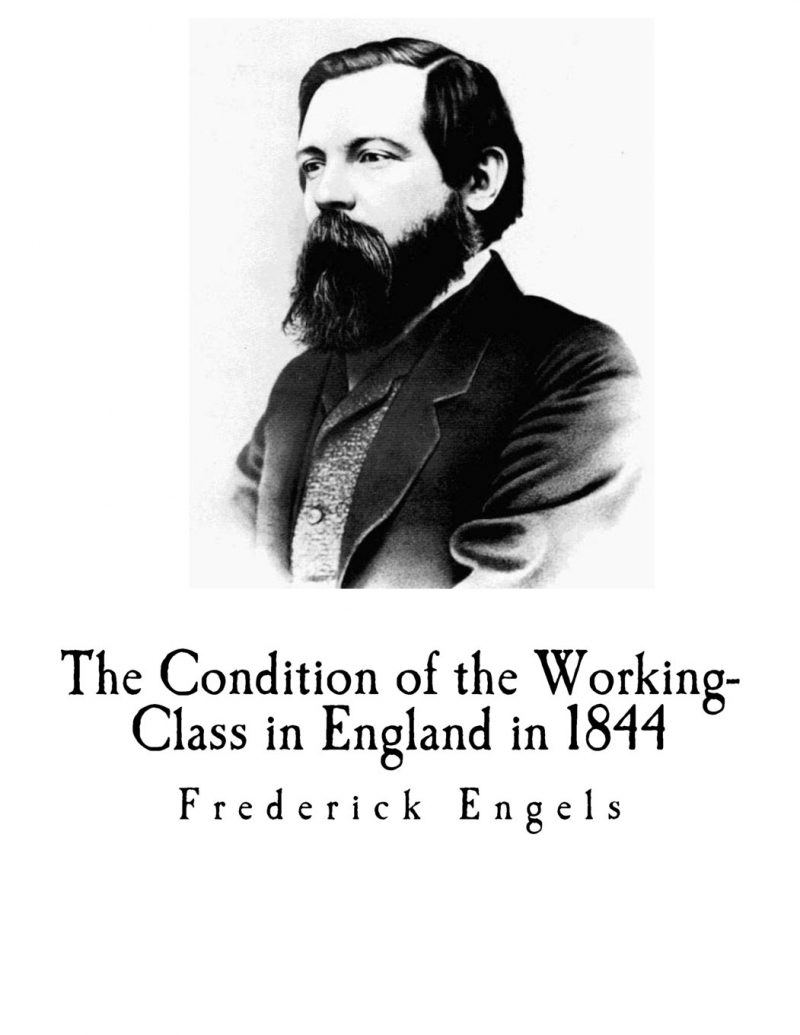
https://www.amazon.com/ 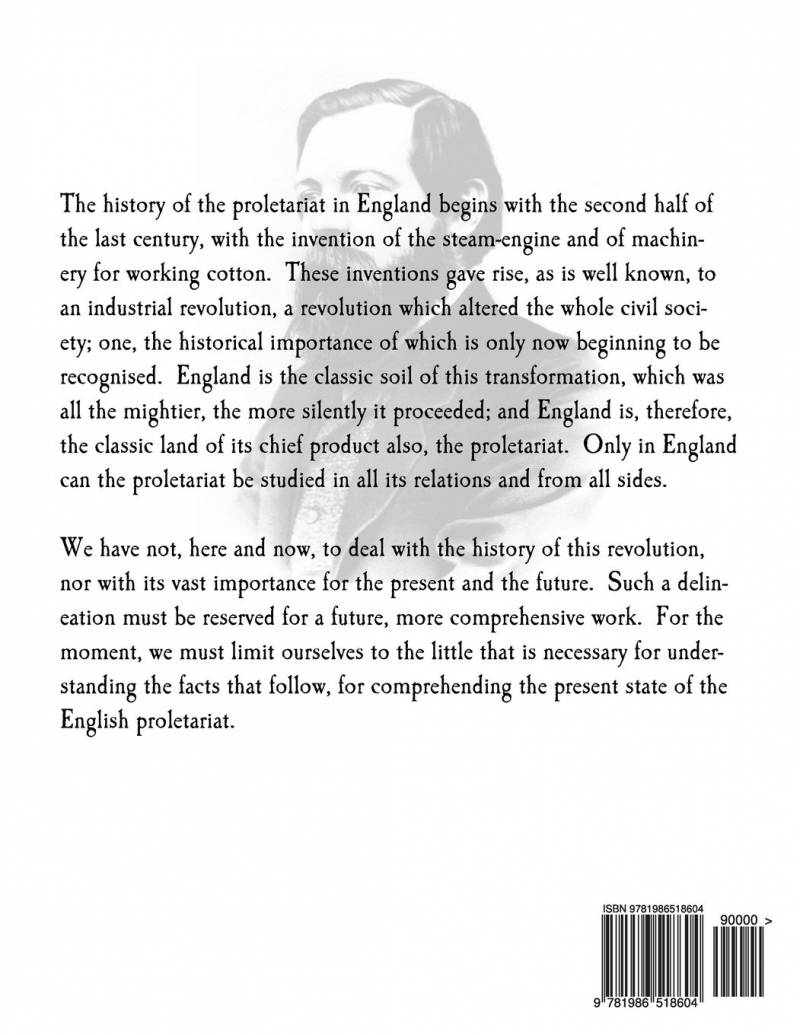
https://www.amazon.com/ -
Social historian Gavin Weightman's publications explore the genesis of contemporary civilization. He is the author of the bestselling books Signor Marconi's Magic Box, The Frozen Water Trade, and London's Thames.
In less than 150 years, an unlikely group of scientists, spies, businesspeople, and political refugees transformed a world powered by animals, wind, and water into one made of steel and iron and powered by steam and fossil fuels. This is illustrated in Gavin Weightman's sweeping history of the industrial revolution. A group of Japanese samurai who risked their lives to learn the secrets of the West and John "Iron Mad" Wilkinson, who didn't let the war between England and France stop him from plumbing Paris, are just two of the lesser-known or completely forgotten characters that Weightman interweaves with the dramatic stories of giants like Edison, Watt, Wedgwood, and Daimler.
The Industrial Revolutionaries is a magnificent piece of original, compelling history that distills complicated technical triumphs, unbelievable figures, and daring exploits into a tale that spans the globe as industrialism spreads. The book is regarded as one of the best books on industrial revolution.Author: Gavin Weightman
Link to buy: https://www.amazon.com/Industrial-Revolutionaries-Making-Modern-1776-1914/dp/0802144845
Ratings: 4.2 out of 5 stars (from 109 reviews)
Best Sellers Rank: #428,094 in Books
#176 in Labor & Industrial Relations (Books)
#213 in Labor & Industrial Economic Relations (Books)
#2,728 in Industries (Books)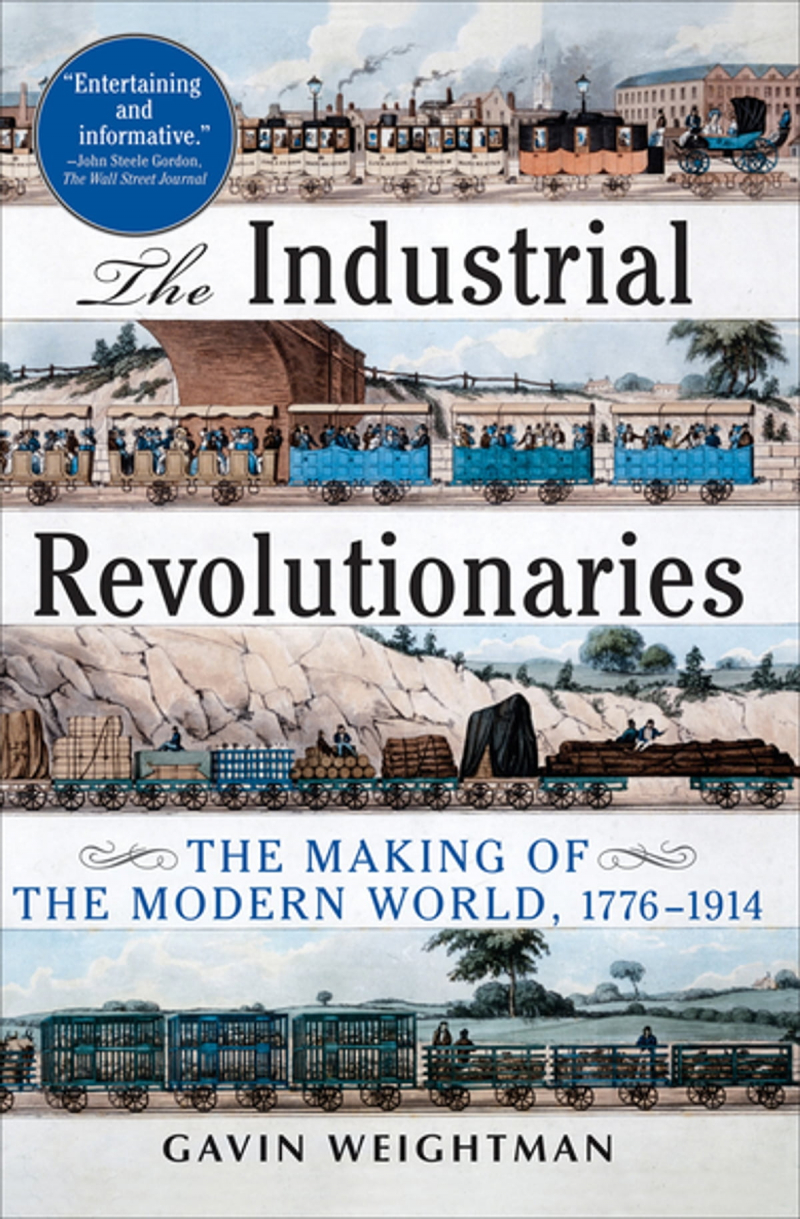
kobo.com 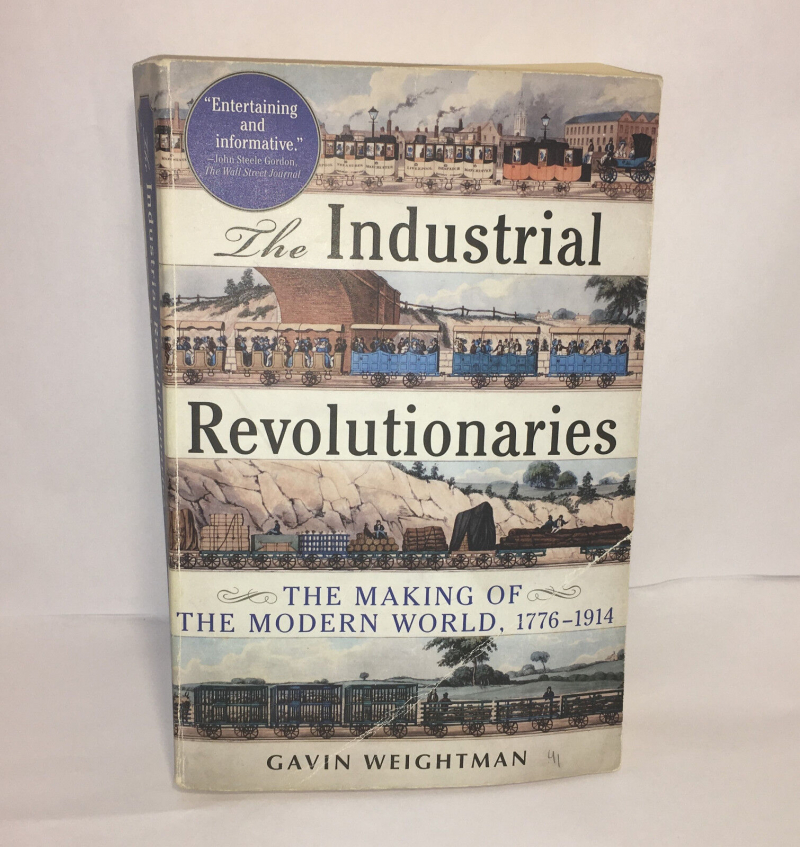
ebay.com -
Former Head of Earth Sciences at Leeds University and Emeritus Professor at UEA Norwich, Mike Leeder. Since his school years, he has developed a deep interest in history, literature, and politics—all subjects discussed in the current book—outside of his geological comfort zone. He and Joy Lawlor are the co-authors of GeoBritannica, a book that chronicles the development of the geology and geography of Britain as well as the connected creativity of its inhabitants since the Neolithic era.
Measures for Measure features in once-heavily altered landscapes that have been largely restored by post-industrial activities, at least physically. However, many areas of Britain are still dominated by the remaining tools, structures, and dwellings from the first Industrial Revolution, which was mostly built on coal seams layers. Today, they do so in the kid-friendly and educational settings of industrial museums, recreated industrial towns, preserved landscapes, and preserved townscapes. The entire process had a significant impact on our society and the literary, artistic, and architectural foundation of our culture.
With the realization over the last 60 or so years that the production of carbon dioxide during human use of fossil fuels has caused global warming - with all its numerous unforeseen implications - the British Carboniferous legacy for wider humankind was significant and enduring.
For more than 500 years before to the Industrial Revolution, coal, iron ore, and other metallic ores and minerals had been taken from Carboniferous strata and traded, most notably since the thirteenth century in the "London Trade" of coal from Tyneside.Author: Leeder Mike
Link to buy: https://www.amazon.com/dp/1780460813
Ratings: 5 out of 5 stars (from 3 reviews)
Best Sellers Rank: #5,593,707 in Books
#5,280 in Geology (Books)
#10,395 in Human Geography (Books)
#19,898 in History & Philosophy of Science (Books)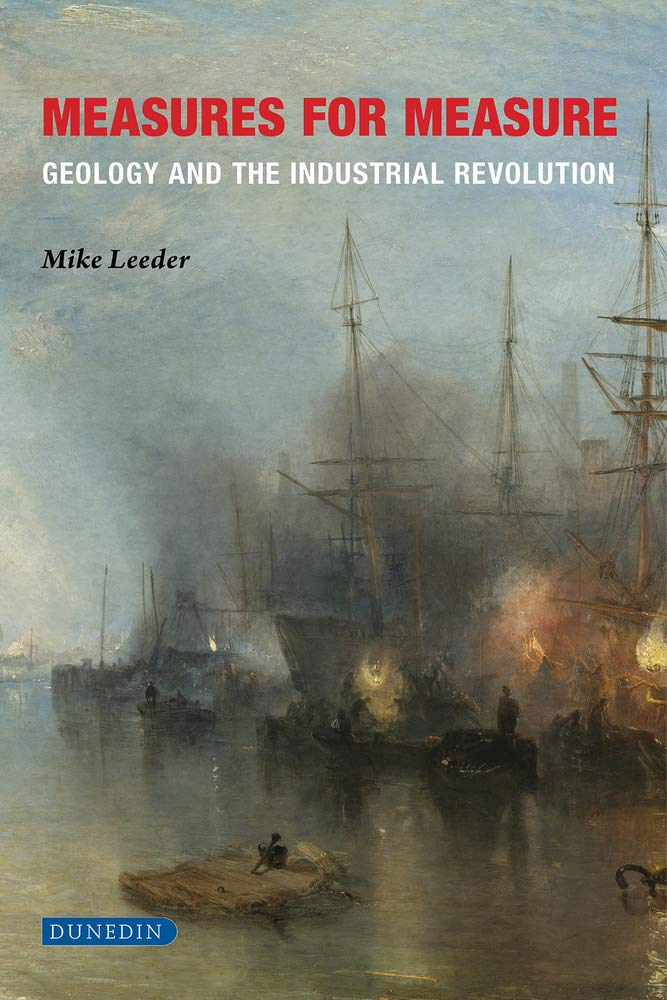
https://www.amazon.com/ 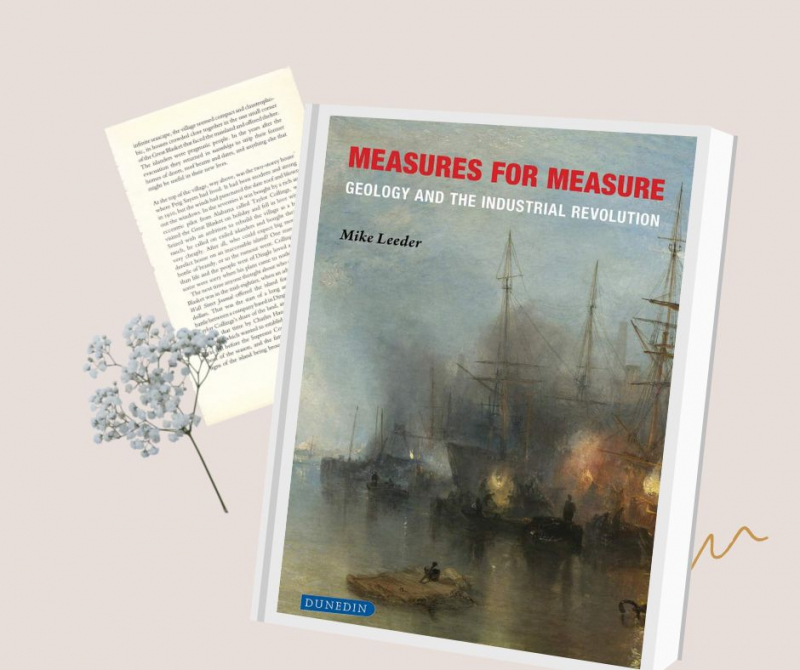
https://www.amazon.com/

















